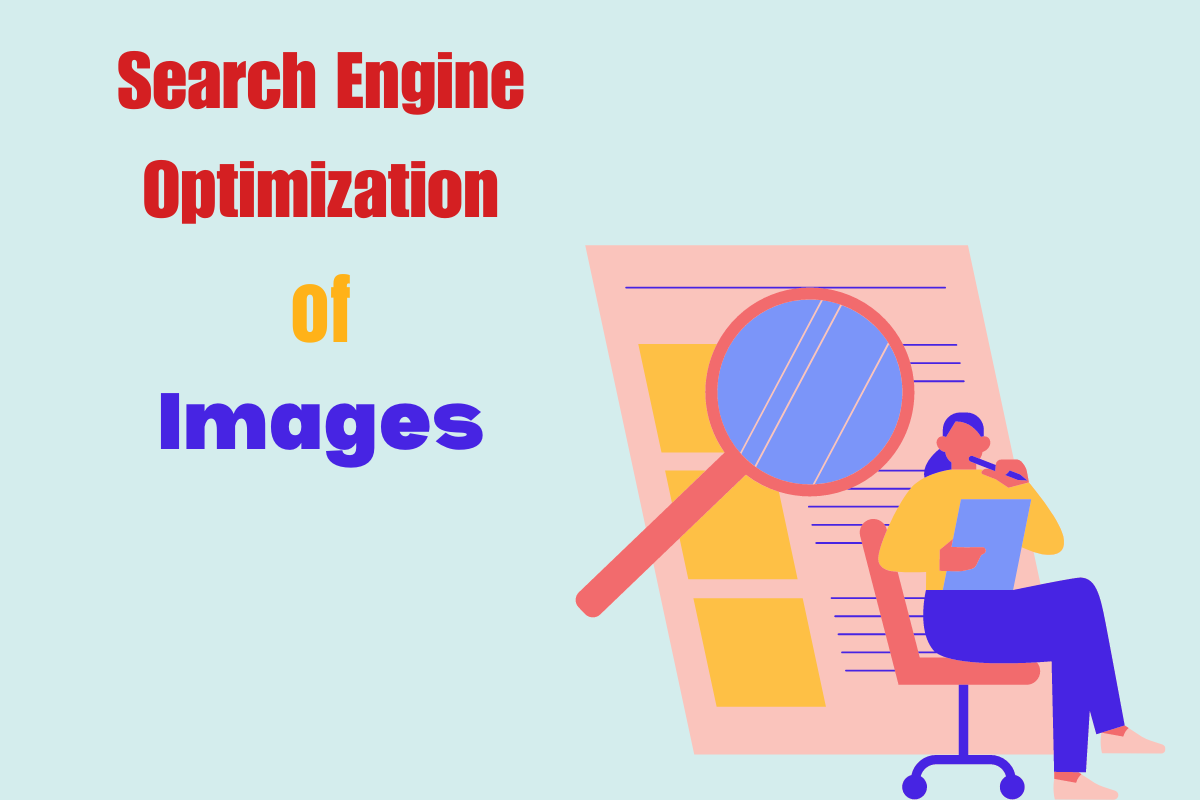Age Verification – Global Regimes To Ensure Minors’ Protection

Customers’ stance toward how they spend time online is rapidly changing. Platforms are offering convenient measures like easy order placing, online payments, and seamless onboarding. This however is increasing the minors’ attraction to Age-Oriented (AO) platforms. They easily bypass traditional age verification checks such as checkboxes and puzzles. Ultimately, they are more likely to fall prey to lethal addictions, digital manipulations, and other threats.
While technological shifts are bridging the gap between online services and global customers, minors are also making their way to be a part of this process. However, with efficient KYCC checks in place, platforms can better restrict them from onboarding. Moreover, age verification online has become a strict regulatory obligation. Read on to know more about global age-related regulations.
Age Checks – Standards Enforced by Global Regulatory Bodies
Digital shifts are one of the major reasons why minors can easily access online platforms and avail services. This clears their way to digital manipulations and life-threatening addictions. Simultaneously, criminals are always looking for under-aged users to manipulate them and get their hands on beneficial information.
The major platforms serving as the bridge for these malicious activities include gaming, dating, e-commerce, social media, and gambling. To prevent minors-based risks and safeguard them from becoming a victim, regulatory bodies are taking necessary actions. For instance, making age verification a legal obligation. They are also continuously mentoring digital platforms to ensure no minors are onboarding. In case of failure in compliance, platforms will have to pay millions in form of penalties.
In order to mitigate the chances of these backlashes, e-industries need to employ AI-driven age verification solutions. This will in turn help them better comply with set standards, the following regulations are so far seen mandating verification of customers.
Regulations in France
Considering the increase in minor-based threats, France has established a designated association named l’Autorité Nationale des Jeux (ANJ) for ensuring age checks. This is responsible for monitoring every AO platform ranging from gaming to social media. Moreover, the major focus is on age verification done by gambling platforms such as betting, casinos, lottery games, and horse racing.
Also read Mangaowl for interesting information
In order to ensure minors’ protection, this authority was set up as a replacement for the Autorité Nationale de régulation des Jeux en ligne (ARJEL). These further involve two frameworks, one to restrict minors’ easy access and mitigate their chances of developing additions. Secondly, to verify age prior to onboarding for preventing exposure to criminal risks.
Regulations in the UK
The regulatory authorities in the United Kingdom (UK) are also placing necessary restrictions in place to protect minors. By enforcing Age Appropriate Design Code (Children’s Code) in September 2021, authorities mandate industries to employ built-in baselines for restricting minors’ access.
These age verification guidelines apply to every digitally operating industry such as gaming, e-commerce, tobacco, pharmaceuticals, liquor, and gambling. As they offer AO products and services, they need to more critically perform age verification online.
Children’s Code also outlines and strengthens the guidelines of the General Data Protection Regulation (GDPR). As per these regulations, getting the age verified prior to onboarding is the foremost responsibility of e-platforms. Concerning the present scenario, the regulatory bodies have changed the age requirements for availing of AO services and products. The new limit is 18 years which restricts users under it from accessing platforms.
Failing to comply with age verification rules, the industries can face fines of up to 4%. Here, the AI-driven age verification solutions help industries verify users from behind the screen. By using checks like liveness detection, facial verification, and information validation, online age verification services streamline the onboarding process.
Regulations in Germany
In the process to protect minors, Germany is also taking action by strictly monitoring the AO platforms. The regulatory bodies are toughening their stance by imposing deadlines for industries to integrate efficient age verification mechanisms. These include betting, gambling, social media, gaming, and others.
They should build efficient KYCC mechanisms to better address minor-based risks. In order to ensure this, the German Kommission für Jugendmedienschutz (KJM) put forth a list of age verification solution vendors for e-industries they can pitch to. The KJM is also responsible to supervise the platforms offering AO services to ensure they are restricting minors’ access.
In Summation
Industries are facing a rise in minor-based threats which is forcing them to bring in efficient solutions for their restriction. Age verification solutions offer robust services like liveness detection. This helps them ensure the user behind the screen satisfies the set age. Shufti Pro Funding indicates that digital solutions help e-industries better comply with stringent regulations. Ultimately, age verification helps them overcome hefty fines and play their part of social responsibility to protect minors.






